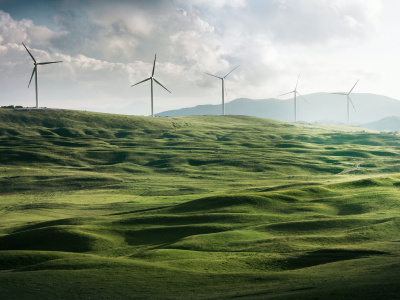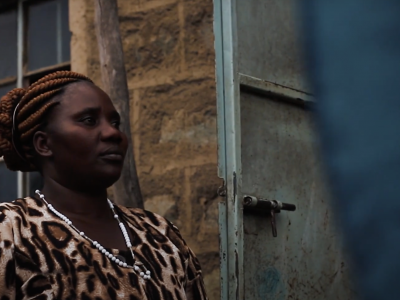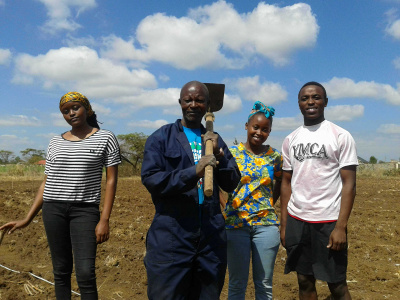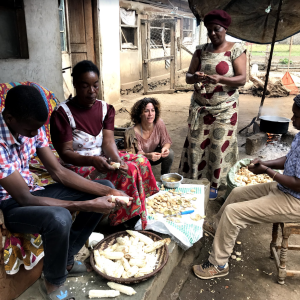A greener Europe at the expense of Africa?
Impact story
In November 2021, the European Parliament voted on the EU's Farm to Fork strategy. Days ahead of the vote, ECDPM published a paper on the effects of the strategy in African countries, which was widely picked up in policy, media and other circles.
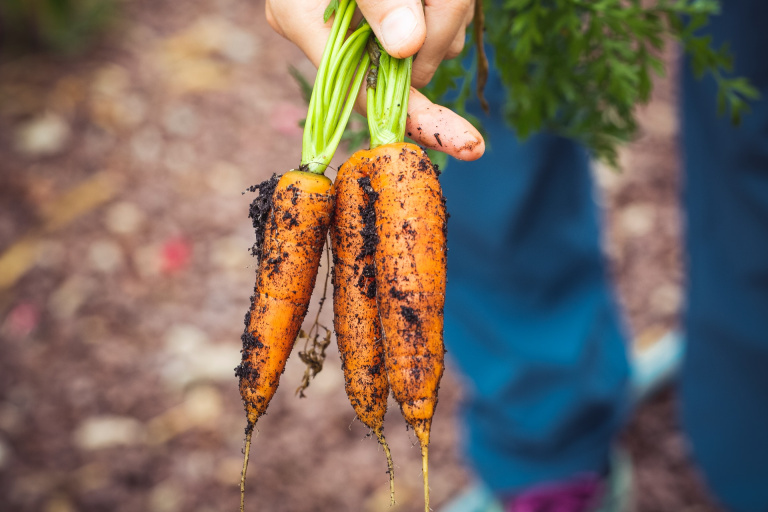
This work is based on our paper 'A greener Europe at the expense of Africa?'
Read our paperBackground
With a rapidly growing population, Africa urgently needs to rethink how it grows, trades and eats, and build more sustainable and resilient food systems. The EU has its Farm to Fork Strategy in place, but needs to make sure the new strategy does not have unintended consequences in other parts of the world.
What we did
We wanted to know what the strategy’s effects could be in countries outside Europe, particularly in Africa. Our analysis found that the strategy could result in reduced agricultural production in Europe, leading to increased European agricultural imports and reduced exports. Such changes could contribute to higher international food prices and increased global food insecurity.
Africa, with its fast-growing population, changing diets and increasing reliance on food imports, would likely be particularly affected. Lower European agricultural production could also lead to increased production outside Europe. Depending on how and where this takes place, the shift in production could generate increased greenhouse gas emissions and biodiversity loss – effectively undermining the strategy’s sustainability objectives.
Ahead of a high-level European Commission conference and a European Parliament debate and vote on the strategy, we published our analysis and tried to make sure it became part of the policy discussion, with the aim of providing a niche perspective.
The paper
What came out of it
Our paper was widely read in different policy, research and (social) media circles. It was referenced by media outlets, including The Nation Kenya, which is Kenya’s most-read newspaper. It was also picked up by POLITICO and EURACTIV. In addition, we reached out to political stakeholders, including the Kenya Fresh Produce Consortium, the European External Action Service, the European Parliament and the European Commission. We received several invitations to speak at or co-organise events. For instance, we co-organised an event with foodFIRST, and in early 2022, we spoke at a debate on the implications of the European Green Deal for agri-food trade with developing countries.
What next?
We will continue looking at the effects of the EU’s plans on food security elsewhere in the world. This topic is increasingly relevant in light of the war in Ukraine, among other things. We will also focus on strengthening coherence between the expanding number of food system strategies from the EU, the UN and national governments. In particular, we will analyse where overlap and tensions lie between different visions of sustainable food systems, and the different ways to work towards this goal.





